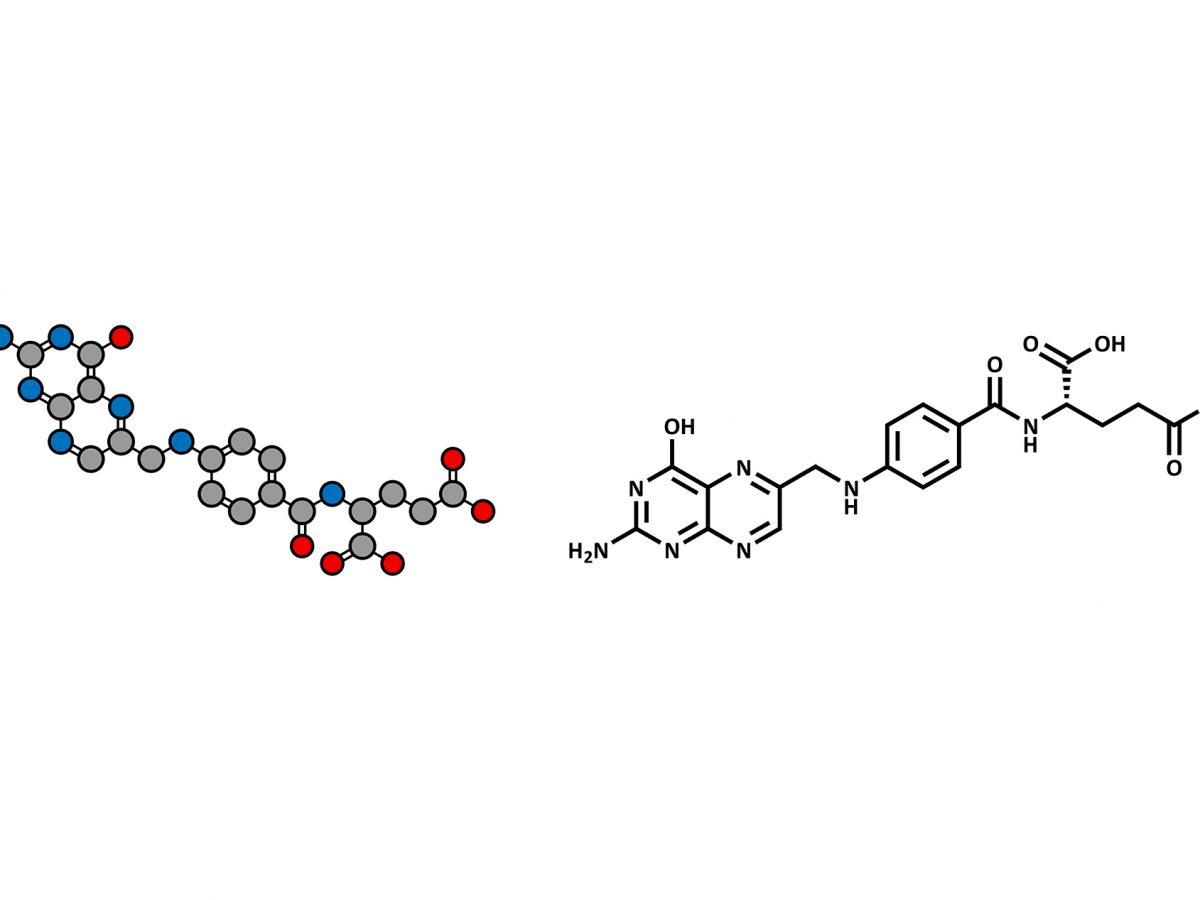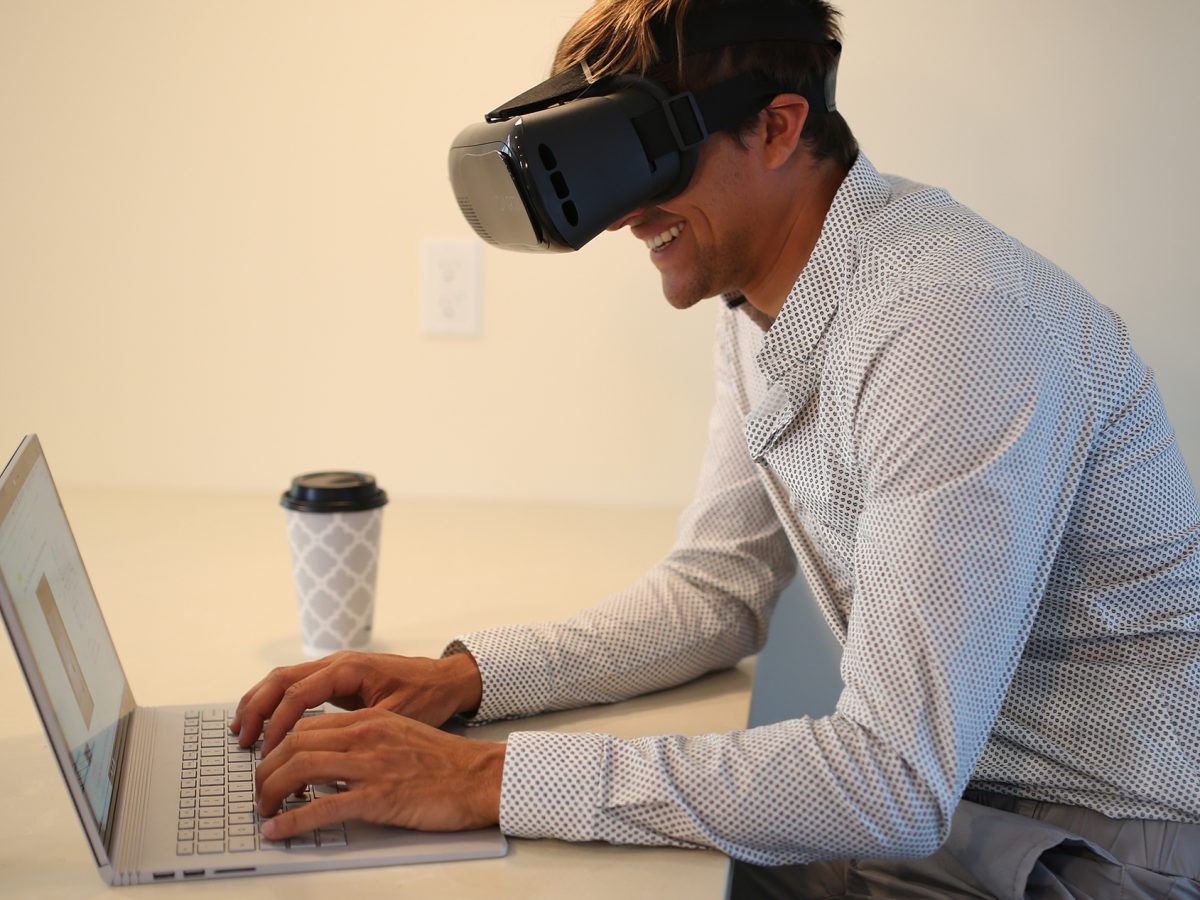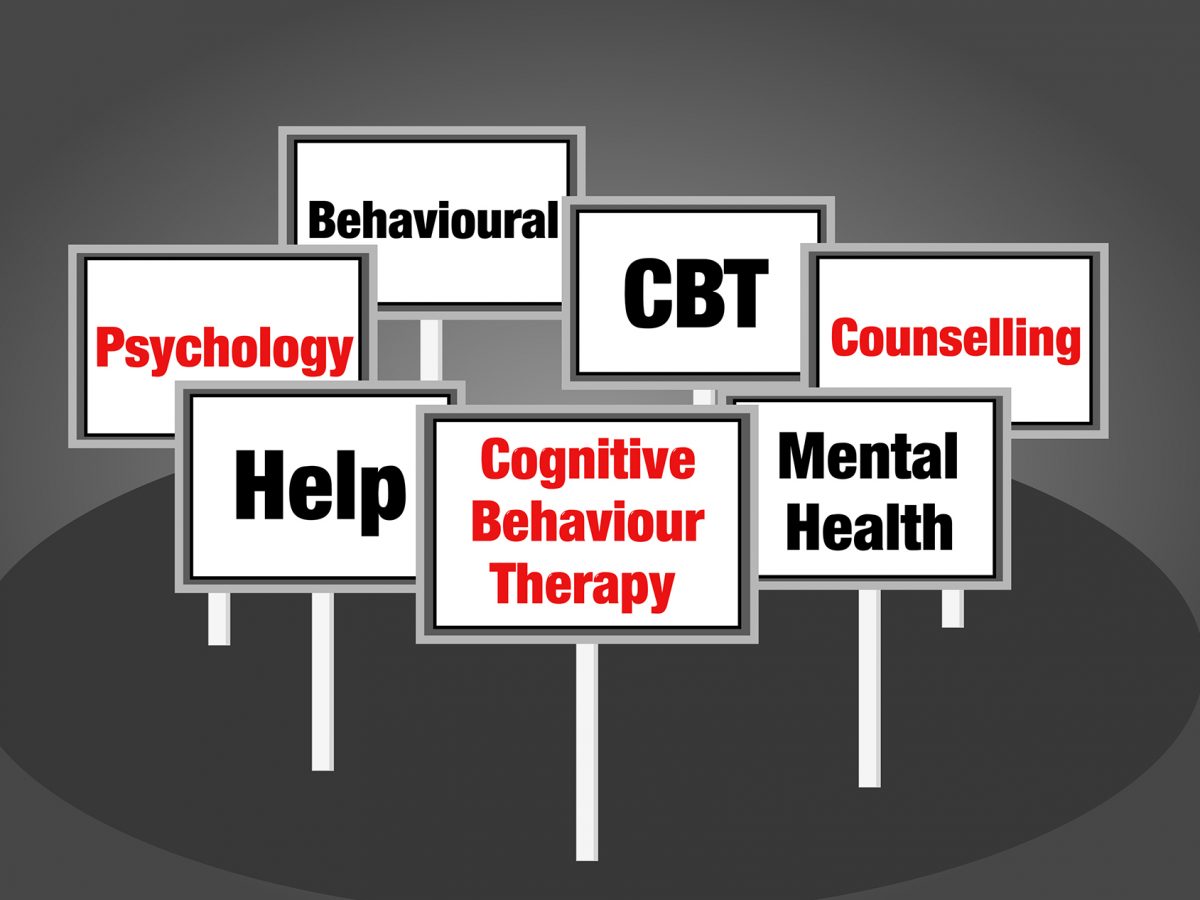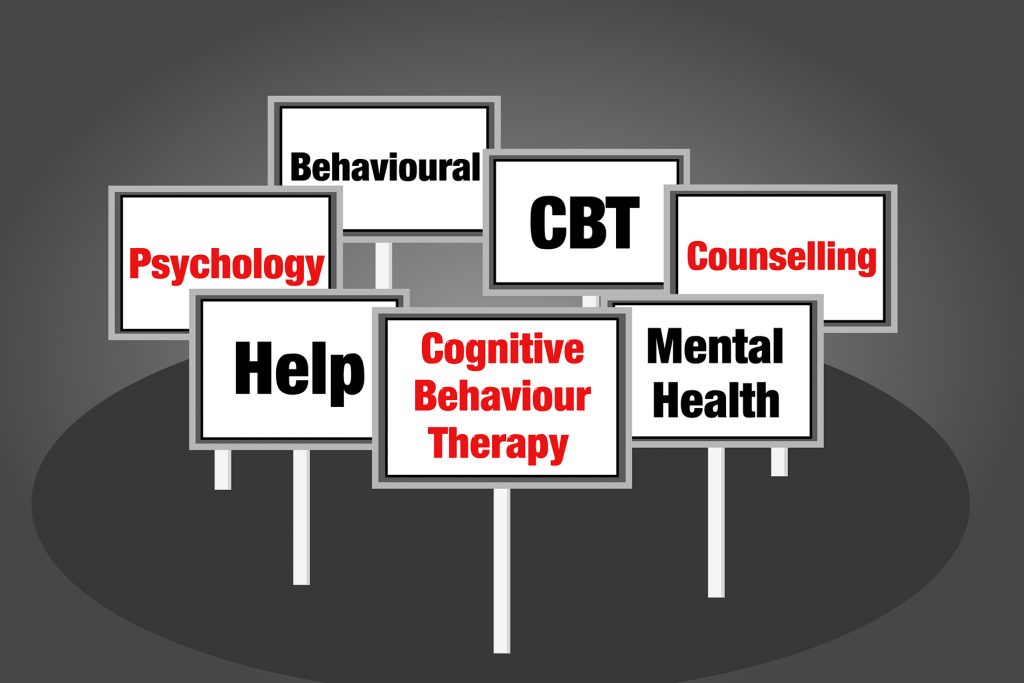Psychiatry
Patient Information On The Antidepresant Bupropion
PATIENT INFORMATION ON THE ANTIDEPRESANT BUPROPION
The name of your medication is Bupropion. It belongs to a class of antidepressants called Selective Dopamine Reuptake Inhibitors (SDRI).
Use
Bupropion is primarily used in the treatment of major depressive disorders and depression associated with Manic Depressive Illness (Bipolar Disorder ). It has also been approved in the management of smoking cessation.
Though not approved for this indication, bupropion has also been found useful in children with Attention Deficit Hyperactivity Disorder.
How quickly will the drug start working?
Bupropion is prescribed twice a day, morning and evening. It begins to improve sleep and appetite and to increase energy within about one week; however, feelings of depression may take from 4-6 weeks to improve. Because antidepressants take time to work, do not decrease or increase the dose or stop the medication without discussing this with your doctor. Improvement in smoking cessation/ withdrawal also occurs over a period of 6 weeks.
How long should you take this medication?
Following the first episode of depression it is recommended that antidepressants be continued for a minimum of one year; this decreases the chance of being ill again. The doctor may then decrease the drug slowly and monitor for any symptoms of depression; if none occur, the drug can gradually be stopped.
For individuals; who have had several episodes of depression, antidepressant medication should be continued indefinitely.
Use of bupropion for smoking cessation is recommended as a one-time treatment for a period of 6 weeks.
Side effects
Side effects occur, to some degree, with all medication. They are usually not serious and do not occur in all individuals. They may sometimes occur before beneficial effects of the medication are noticed. If a side effect continues, speak to your doctor about appropriate treatment.
Common side effects that should be reported to your doctor at the next appointment include:
- Energizing/ agitated feeling—Some individuals may feel nervous or have difficulty sleeping for a few days after starting this medication. Report this to your doctor; he/she may advise you to take the medication in the morning.
- Vivid dreams or nightmares—This can occur at the start of treatment.
- Headache– This can be managed by taking analgesics (e.g.,paracetamol, aspirin, acetaminophen) as required. If the headache persists or is “ troubling” contact your doctor.
- Muscle tremor, twitching—Speak to your doctor as this may require an adjustment in your dosage.
- Nausea or heartburn—if this happens, take the medication with food.
- Loss of appetite.
- Dry mouth—Sour candy and sugarless gum help increase saliva in your mouth; try to avoid sweet, calorie-laden beverages. Drink water and brush your teeth regularly.
- Sweating—You may sweat more than usual; frequent showering, use of deodorants and talcum powder may help.
- Blood pressure—A slight increase in blood pressure can occur with this drug. If you are taking medication for high blood pressure, tell doctor, as this medication may have to be adjusted.
Rare side effects you should report your doctor IMMEDIATELY include:
- Persistent, troubling headache
- Seizures; these usually occur with high doses
- Soreness of the mouth, gums, or throat
- Skin rash or itching, swelling of the face
- Nausea, vomiting, loss of appetite, lethargy, weakness, fever, or flu-like symptoms
- Yellow tinge in the eyes or to the skin; dark-colored urine
- Tingling in the hands and feet, severe muscle twitching
- Severe agitation or restlessness
- Switch in mood to an unusual state of happiness, excitement, irritability, or a marked disturbance in sleep
Let your doctor know as soon possible if you miss your period or suspect you may be pregnant.
What should you do if you forget to take a dose of your medication?
If you forget to take the morning dose of antidepressant by more than 4 hours, skip the missed dose and continue with your schedule for the evening dose. DO NOT DOUBLE THE DOSE as seizures may occur.
Interactions with other medication
Because antidepressant drugs can change the effect of other medication, or may be affected by other medication, always check with your doctor or pharmacist before taking other drugs, including over-counter medication such as cold remedies. Always inform any doctor or dentist that you see that you are taking an antidepressant drug.
Precautions
- Do not increase or decrease your dose without consulting your doctor.
- Do not stop your drug suddenly as this may result in withdrawal symptoms such as muscle aches, chills, tingling in your hands or feet, nausea, vomiting, and dizziness.
- Report any changes in mood or behavior to your physician.
- This drug may interact with medication prescribed by your dentist, so let him/her know the name of the drug you are taking.
- Store your medication in a clean, dry area at room temperature. Keep all medication out of the reach of children.
If you have any questions regarding this medication, do not hesitate to contact your doctor, pharmacist, or nurse.





